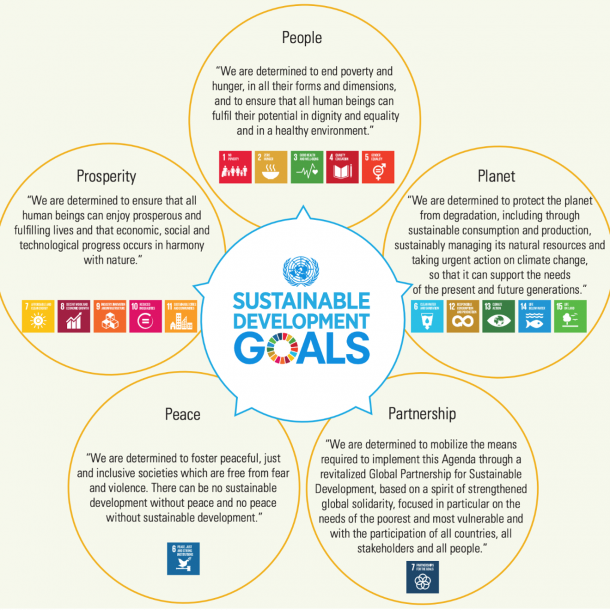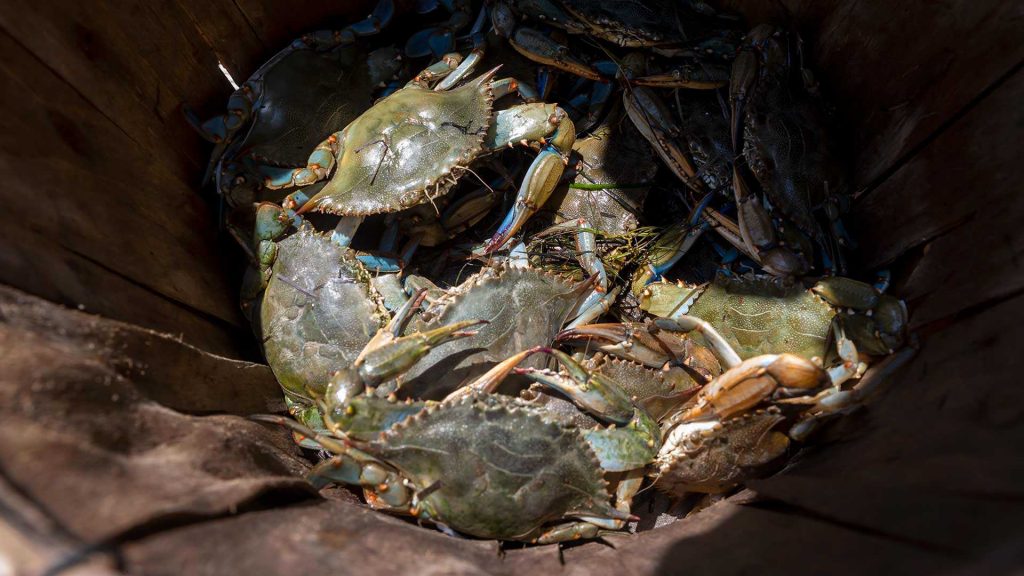

As all of this futuristic technology is slowly emerging, we will start to have a big demand for batteries as most of these electronics use batteries! But the problem is that batteries aren’t environmentally friendly and people don’t recycle them properly!
So we need a new type of eco-friendly battery which would replace normal batteries and would be better than normal batteries so more and more people would buy it. So Science is now looking for materials that would make batteries more environmentally friendly.
Scientists from the University of Maryland are currently working on a new type of sustainable battery. These batteries rely on chitin. Chitin is a type of substance that is found inside the shells of many crustaceans like crabs and lobsters.
The chitin which is extracted and then obtained from the sheets is combined with zinc. According to scientists, a combination of zinc and chitin could make a whole new electrolyte substance. This substance remains energy efficient even after 400 hours of use.
The best part about this sustainable battery is that after 5 months of being in the ground, it completely decomposes! All that remains is the zinc. This zinc could be collected and used to make new batteries!!
This concept is really cool and useful and I sincerely hope that we see more concepts like this to make our earth a better place to live! Innovation is the only way to get rid of battery pollution. Remember there are over 15 billion batteries that are carelessly thrown in the trash every year.
Author: Sri Nihal Tammana
Source: Maryland Today
PC: John T. Consoli


© copyright 2022 by Recycle My Battery